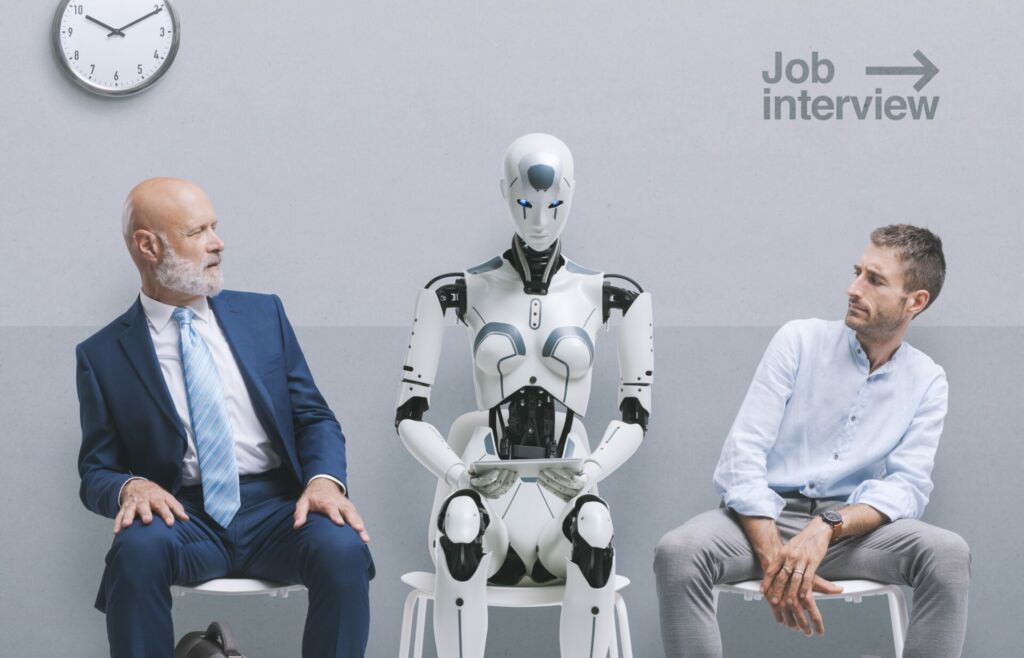New technology that changes everything on his way, theartificial intelligence (AI) is both a source of fear and hope. As Muriel Pénicaud, former Minister of Labor, explains, “We are heading towards a tsunami in the world of work from 2030. Four successive waves will shake our daily life: the ecological transition, AI, demographic changes with the decline in the birth rate and our relationship to work with a need for chosen flexibility. There have always been changes. But changes at this speed and magnitude are unprecedented. » She estimates that, by the end of this decade, 50 to 80% of jobs will be created, destroyed or transformed.
“The demand for AI and machine learning specialists is expected to grow by 40%, or 1 million jobs, as the use of AI and machine learning drive the continued transformation of the industry”indicates the The World Economic Forum in its 2023 Future of Jobs report. Overview of these new AI-related professions with 20 profiles that are or will be in high demand in the labor market.
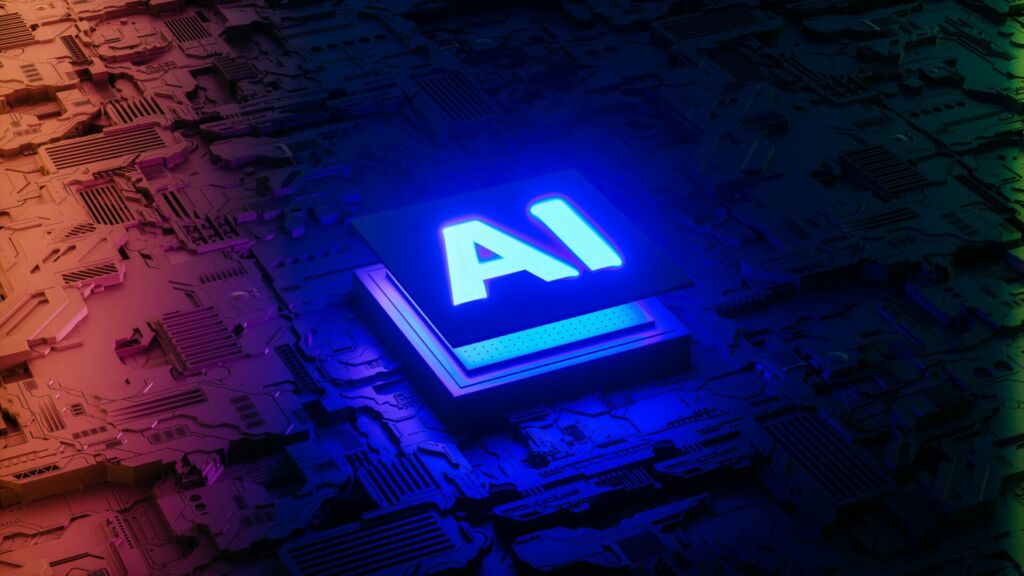
AI design and engineering
Engineer on call
Drawing of specific requests to optimize the results of AI tools. For example, in a marketing context, they could refine suggestions to produce ad copy or content optimized for SEO or even social media, ensuring that the brand’s message is consistent and impactful.
Required skills: proficiency in AI tools, excellent natural language understanding and writing skills.
Specialist in generative design
Using AI to generate innovative design concepts. Their task will be to create unique product designs, develop new user interfaces for web applications or even design new visual marketing materials.
Required skills: mastery of graphic design, knowledge of generative algorithms, mastery of AI-assisted design tools.
Developer of custom AI solutions
Creating tailor-made AI solutions to meet specific needs. These developers specialize in creating custom AI solutions to meet specific business needs. For example, they can develop marketing automation tools, analytics platforms or personalized customer interaction systems. They imagine “micro AI” specific to a company.
Required skills: programming (Python, R…), experience with AI frameworks (TensorFlow, PyTorch…), ability to understand and translate customer needs into technical solutions.
Data management and AI systems
AI input and output management
Strategic oversight of the relevance of data input and output from AI systems. These individuals play a crucial role in maintaining data integrity by ensuring that AI outcomes are aligned with business objectives.
Required skills: in-depth knowledge of databases and data management systems, knowledge of data processing algorithms, analytical skills.
AI Maintenance Engineer
Maintain and update AI systems to ensure their effectiveness. These engineers ensure that the systems operate without interruption and continuously improve their efficiency.
Required skills: software engineering expertise, experience with AI and machine learning systems, ability to solve complex technical problems.
AI Security Specialist
Protecting digital assets and data from AI threats. They protect the company’s digital assets against AI-related threats. They develop and implement security strategies to protect business data and systems from cyberattacks and other vulnerabilities.
Required skills: expertise in cybersecurity, knowledge of specific vulnerabilities in AI systems, skills in cryptography and network security.
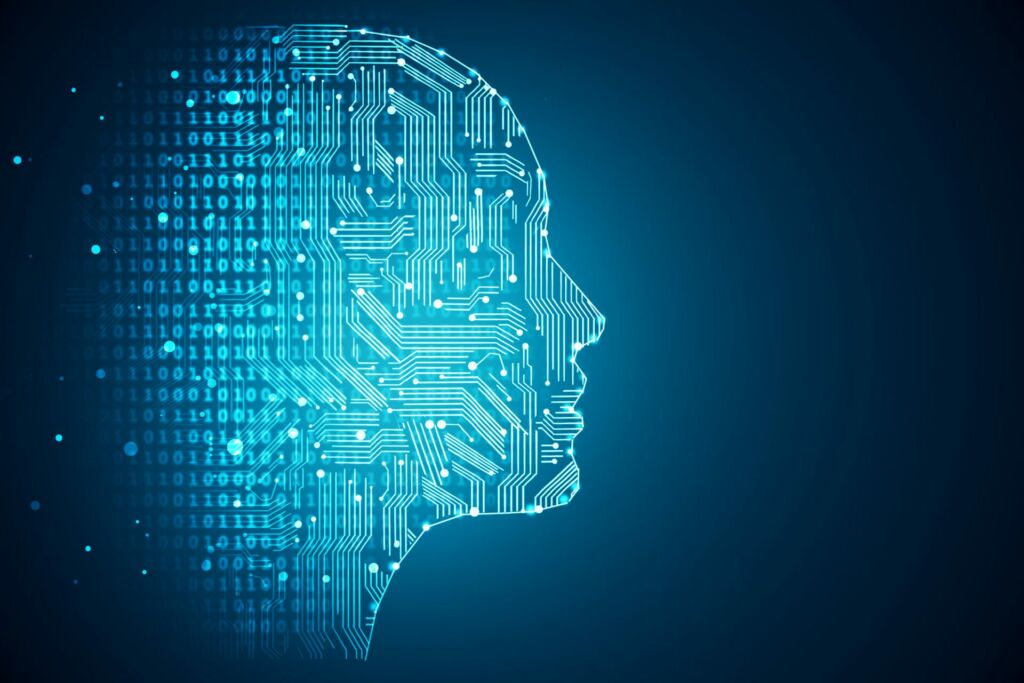
Training and education in AI
AI trainer
Training AI models with brand-specific data. Their role is crucial to ensure that AI systems produce accurate and relevant results that meet specific business needs. For example, an AI trainer trains artificial intelligence to be able to personalize product recommendations on an e-commerce site.
Required skills: expertise in machine learning and data processing, ability to work with large amounts of data, programming skills (Python, R…), knowledge of machine learning algorithms.
AI instructor
Training teams in the effective use of AI tools. Help employees understand and use AI technologies to improve their productivity and skills, while maximizing the benefits of AI tools in various business strategies.
Required skills: great teaching acumen, expertise in tools, knowledge of strategies, ability to explain technical concepts in a clear and accessible way, communication and training skills.

AI ethics and governance
Ethics Manager
Development of guidelines for the ethical use of AI. These profiles identify risks, such as prejudices and discrimination, and put in place strategies for minimize them. They develop internal policies, protocols and charters. They create oversight committees to oversee AI projects.
Required skills: expertise in ethics and law, knowledge of AI technologies, ability to analyze social and ethical impacts, communication skills to raise awareness and train teams.
AI Compliance Manager
Ensures that marketing practices using AI comply with legal and ethical standards. This person ensures that AI systems comply with regulations, thus avoiding legal risks and protecting the company’s reputation.
Required skills: deep knowledge of data protection and AI regulations and laws, risk management skills, knowledge of ethical principles applied to technologies.
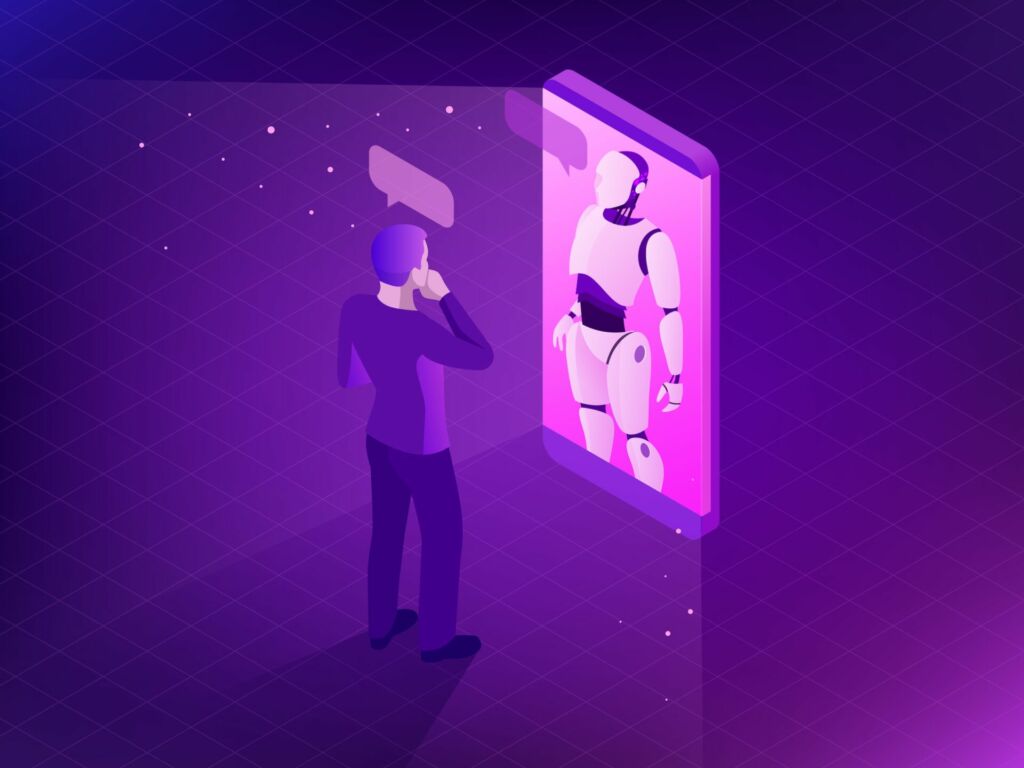
Content creation and interaction with AI
AI content listener
Assess the relevance and accuracy of AI-generated content. They ensure that AI-generated content is relevant, accurate and aligned with brand strategy. They play an essential role in managing the quality and consistency of messages produced by AI systems.
Required skills: excellent language skills, editing and proofreading skills, understanding of content generation algorithms, ability to analyze and improve content quality.
AI personality designer
Design engaging AI personas to improve customer interactions. These profiles create virtual characters with unique personalities to enhance user interaction. Work on behavioral, emotional and cognitive aspects to make chatbots and virtual assistants more natural and convincing.
Required skills: skills in psychology and behavioral design, understanding of machine learning techniques, creativity and sense of empathy, skills in dialogue writing and screenwriting.
Advanced Chatbot Developer
Design and optimization of chatbots for smooth and efficient interaction with customers. They integrate advanced natural language processing (NLP) and contextual understanding capabilities to improve the user experience.
Required skills: programming skills (Python, JavaScript …), experience with chatbot frameworks (Dialogflow, Rasa …), understanding of NLP algorithms, ability to integrate backend systems and databases.
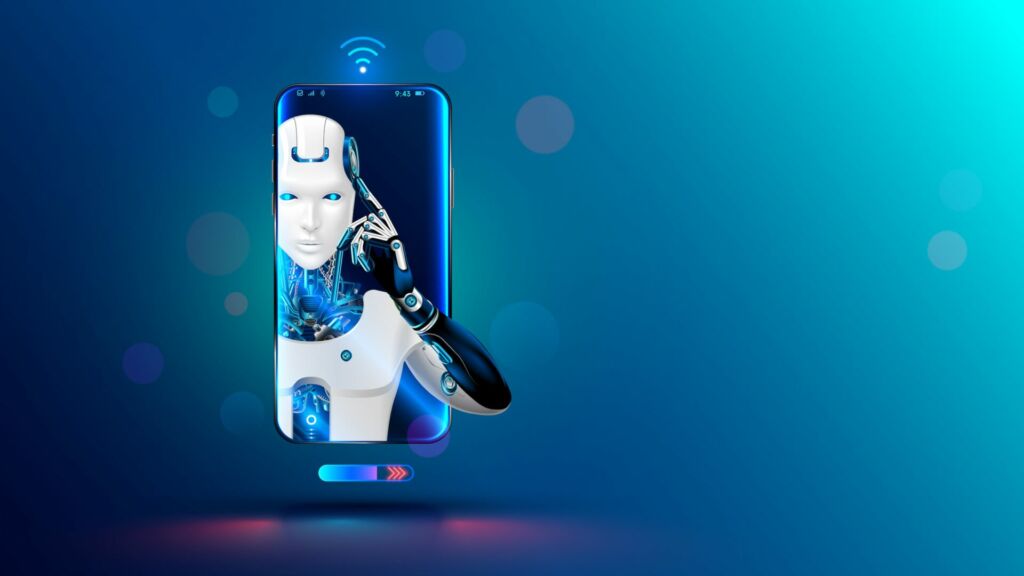
AI-powered marketing strategy and analytics
AI-Augmented Customer Experience Strategist
Integrating AI into customer journey mapping and personalization. These people work to optimize every customer touchpoint to deliver a personalized and seamless experience, using AI-generated insights.
Required skills: expertise in customer experience (CX), data analysis skills, knowledge of AI technologies, ability to develop personalization strategies.
AI driven market analyst
Use AI to gain deep market insight. Their job is to analyze data to identify trends, segment the market and predict consumer behavior.
Required skills: data analysis skills, understanding of machine learning algorithms, ability to interpret market data, data presentation skills.
AI-based Brand Strategy Consulting
Use AI intelligence to develop and refine brand strategy. They develop and refine brand positioning, messaging and identity. They also ensure that brand presence is consistent and impactful across all marketing channels.
Required skills: expertise in branding, skills in data analysis, knowledge of AI technologies, ability to develop brand strategies.
AI specialist for customer relationship management
Using AI to optimize customer interactions and CRM systems. Work to personalize customer experiences using AI-generated data and insights. They also improve customer relationship management (CRM) systems.
Required skills: experience with CRM systems, data analysis skills, knowledge of machine learning algorithms.
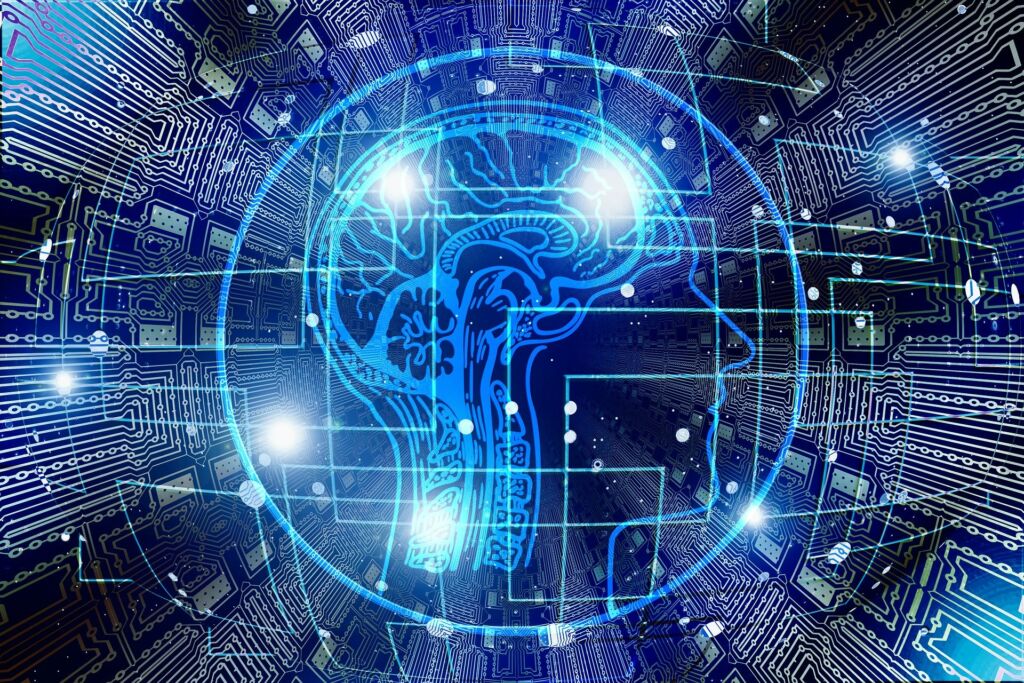
Marketing process automation advice
Use AI intelligence to develop and refine brand strategy. They identify automation opportunities and implement solutions to increase efficiency and reduce costs. For example, they will establish email marketing automation systems, optimize advertising campaigns with AI or develop automated workflows for lead generation.
Required skills: knowledge of marketing automation tools, project management skills, ability to identify process improvement opportunities.
In stock
Shop on Fnac.com
AI simulation and modeling
AI Trend Analyst
Study of emerging trends in AI and their potential impact on marketing strategies and business operations in particular. They monitor technological advances and innovations to anticipate changes and advise companies on how to stay competitive.
Required skills: expertise in data analysis, understanding of AI technologies, ability to identify and interpret technology trends, communication and presentation skills.
Specialist in AI simulation and modeling
Use simulation and modeling to predict the results of AI-driven marketing campaigns. Help companies optimize their strategies by testing different approaches before implementing them in the real world.
Required skills: a good command of mathematics and statistics, experience with simulation and modeling tools, understanding of machine learning algorithms, ability to interpret and analyze simulation results.
